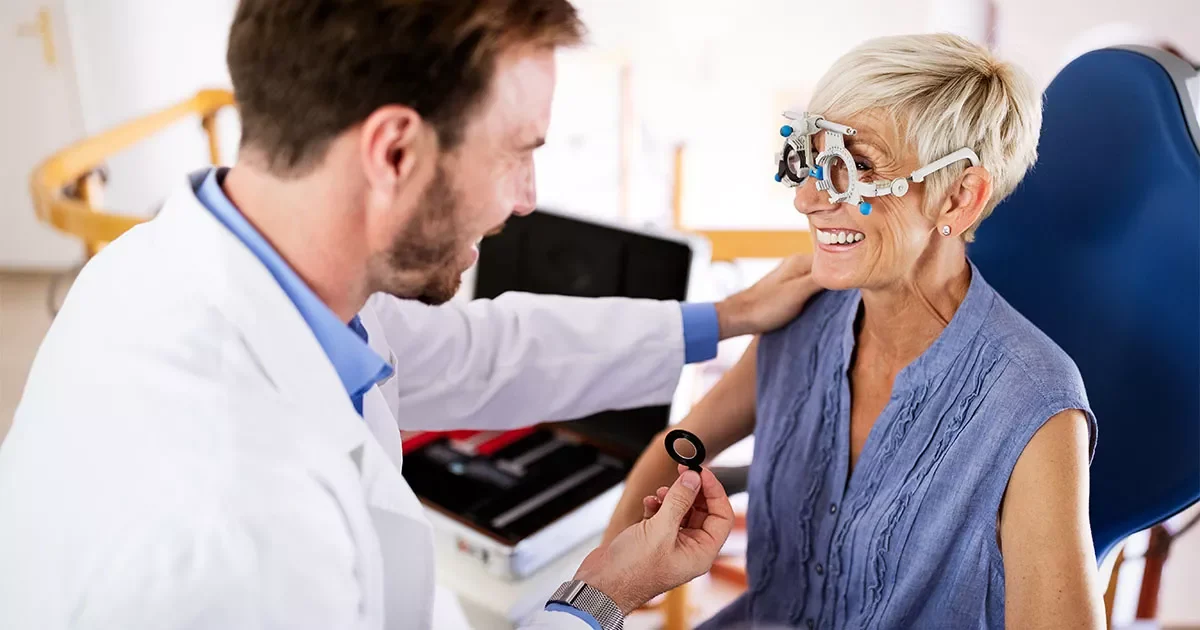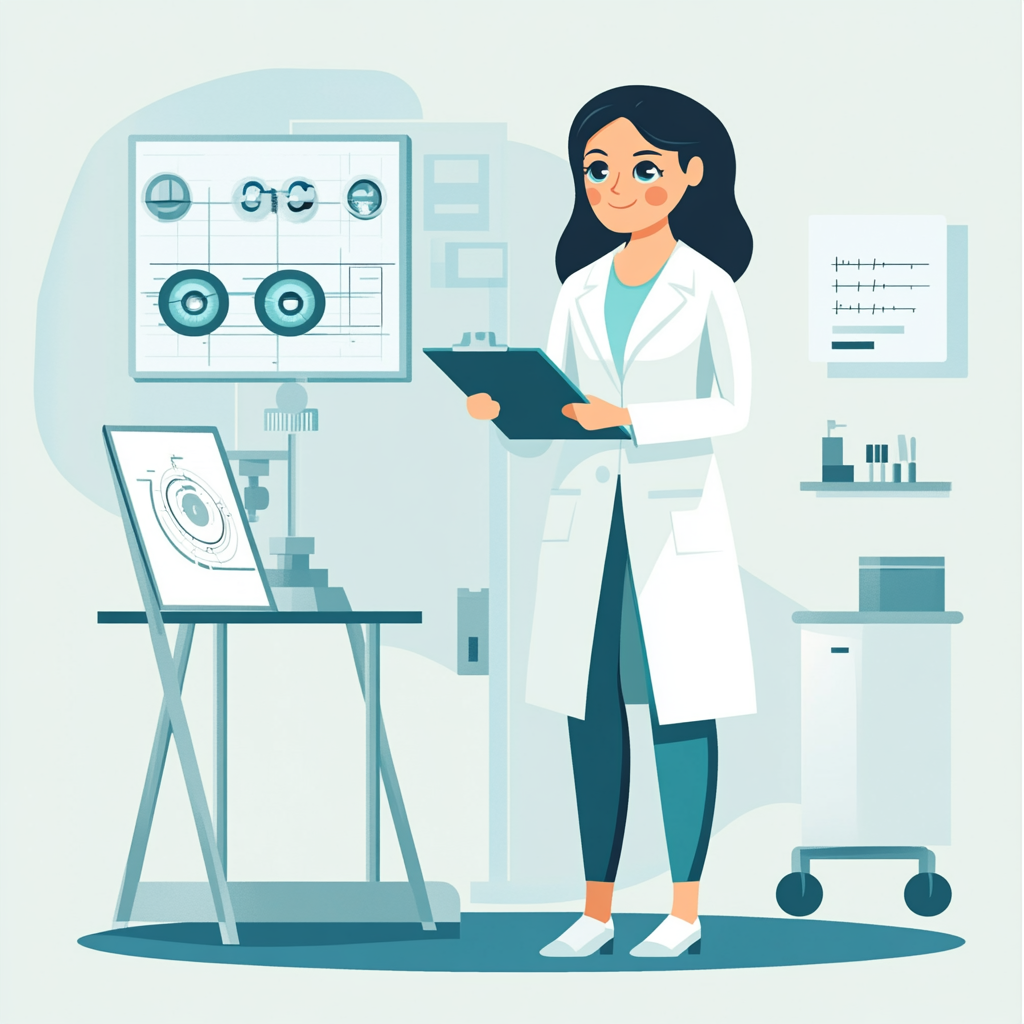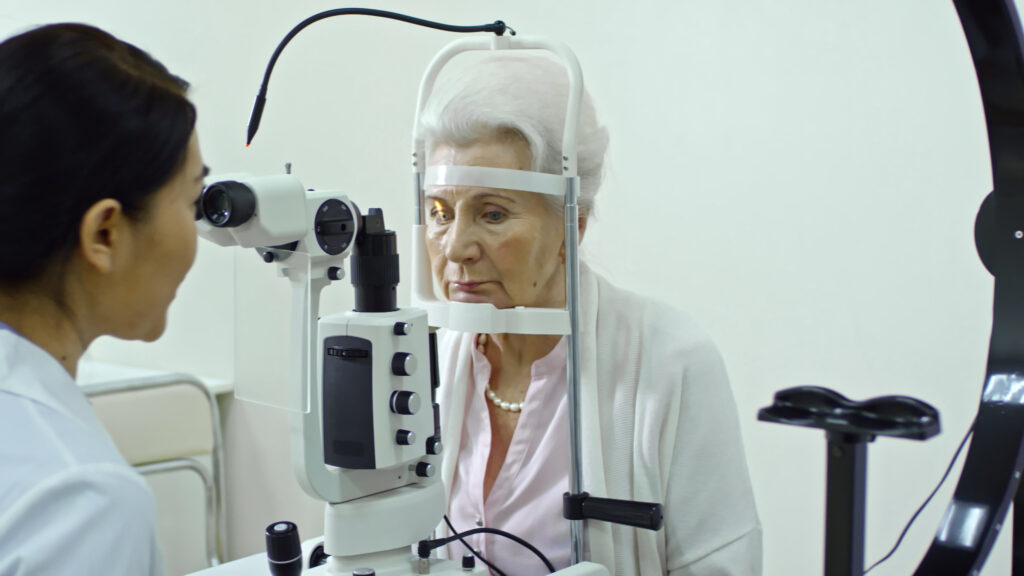There’s an aspect of care that can be overlooked during an ophthalmic patient’s consultation. And for good reason — there’s already a whole battery of tests to explain and complete, accuracy to maintain, and rapport to build.
However, if we’re not intentional, we can overlook the significant role emotions play in how patients receive information and respond to the treatment options outlined by their doctor.
This can be especially true for cataract patients. Many don’t realize that cataract surgery involves removal of their natural lens and selection of a new, synthetic one. Realizing that they must undergo surgery when they may have come to their appointment expecting a simple, non-invasive cure can quickly lead to anxiety, frustration, and sometimes anger.
Even when those emotions aren’t expressed verbally, they’re powerful competition for patients’ attention. Underlying emotions make it even more difficult for them to understand and retain all the new information they’re being given about their condition and upcoming surgery. As the conversation moves from describing cataract surgery to choosing a replacement lens, confusion can set in for patients.
Navigate doesn’t believe confusion is a good place from which to make permanent decisions, particularly when it comes to vision. Empathy for our patients is a must — they rarely come primed to hear everything we want to share. We expect a lot from them in a short time! It’s important that practices and educators like our team at Navigate work together to give cataract patients a way forward out of the confusion and other strong emotions they may be experiencing.
To do that, Navigate comes alongside patients, providing personalized education that is directed by its surgeon clients. From diagnosis to post-operative appointments, patients can draw on the expertise of an eye care professional who not only understands the journey ahead, but also has the extra time available to answer questions and put patients’ minds at ease. This model of patient education transforms their experience with your practice from one of anxiety and confusion to one of positivity and confidence.
Contact us to learn how we can help provide personal, customized cataract patient education for your practice.




